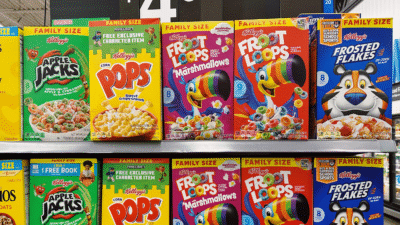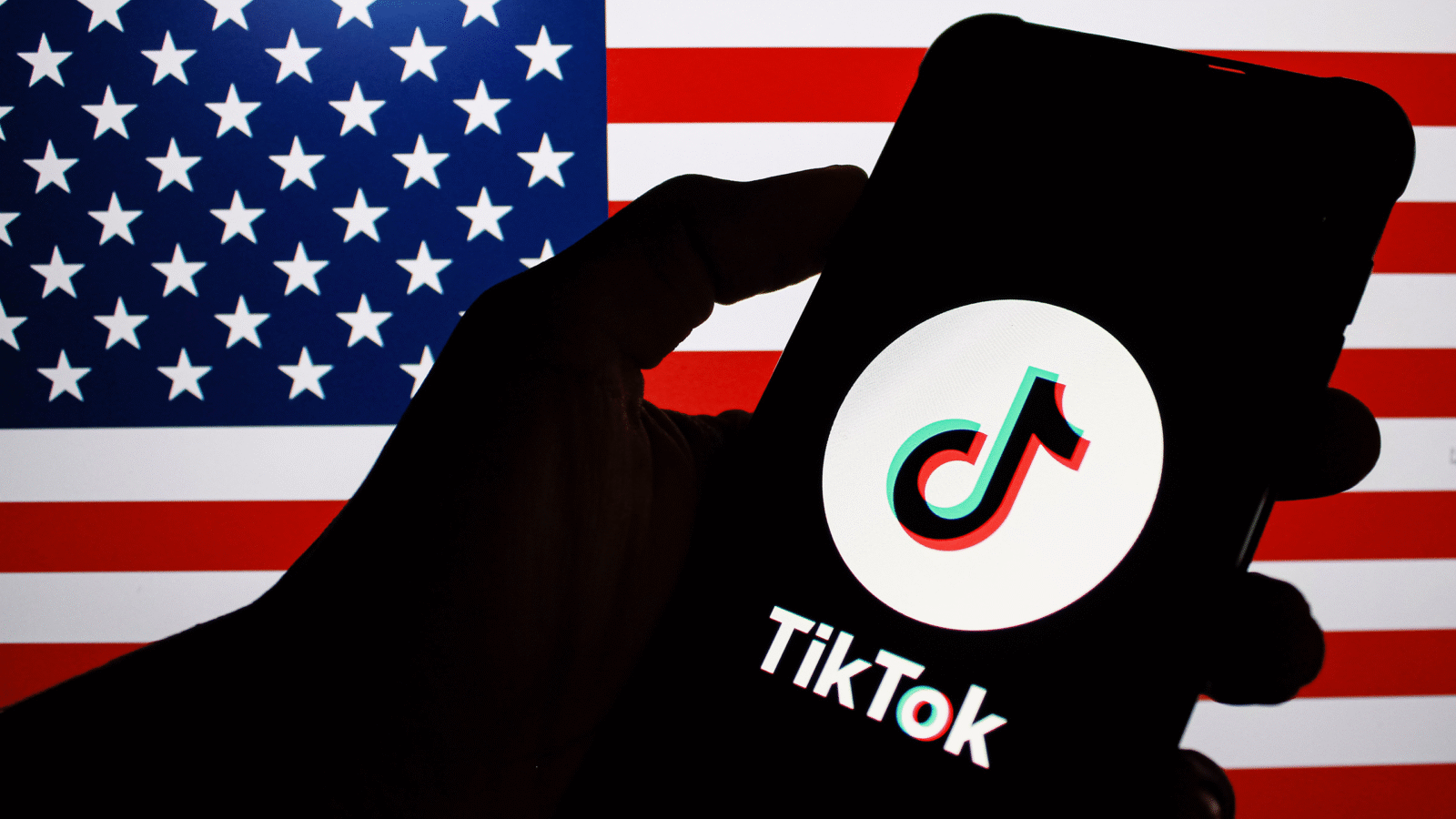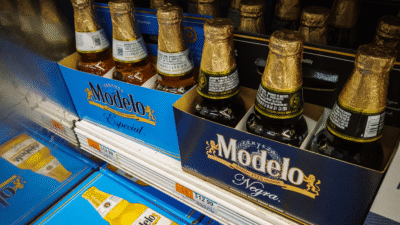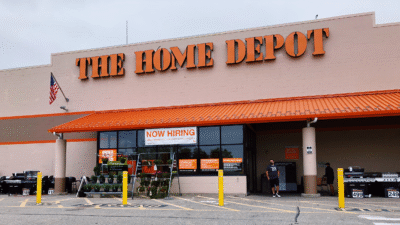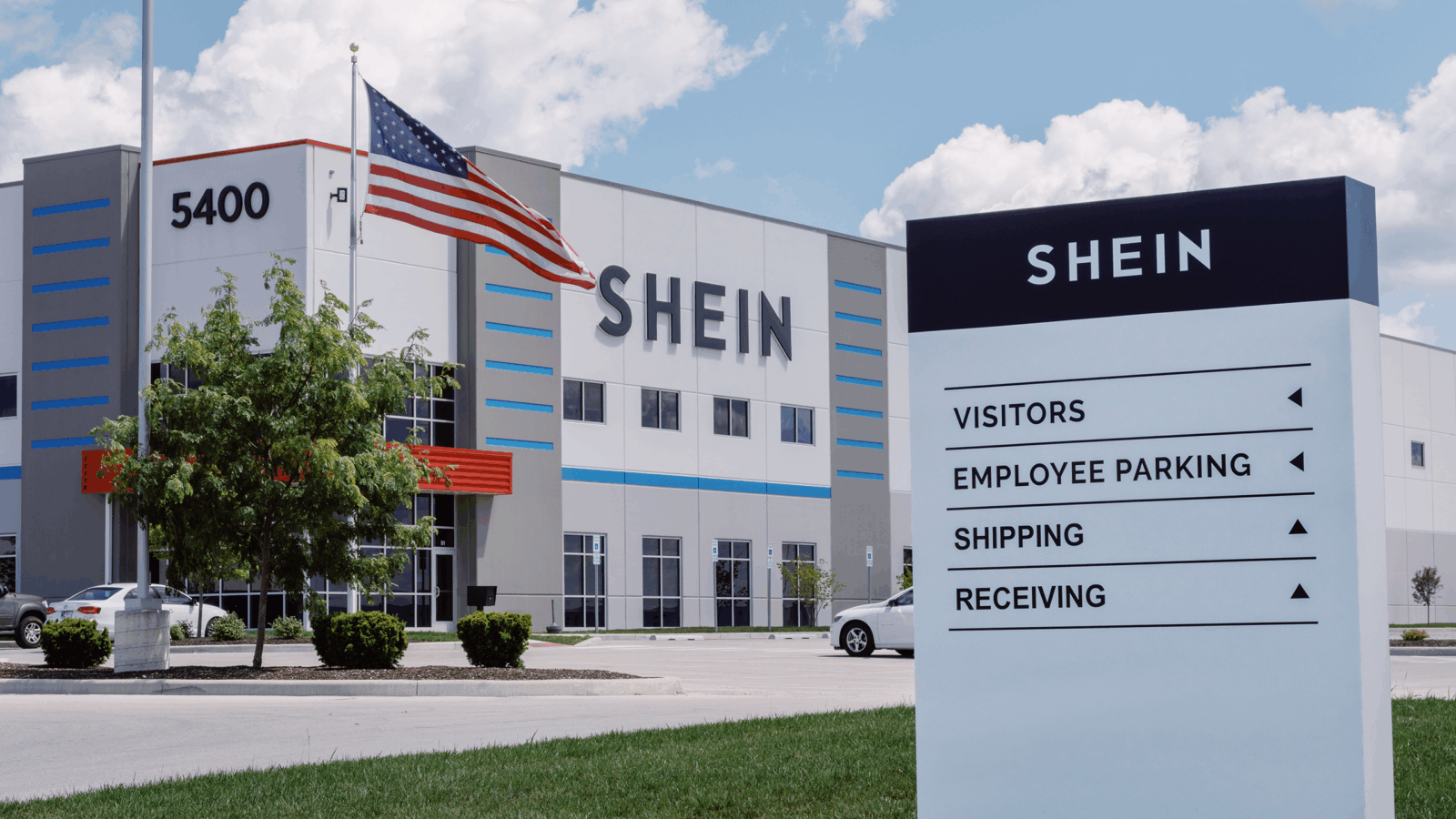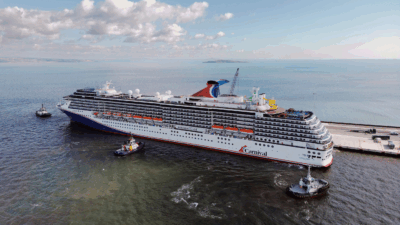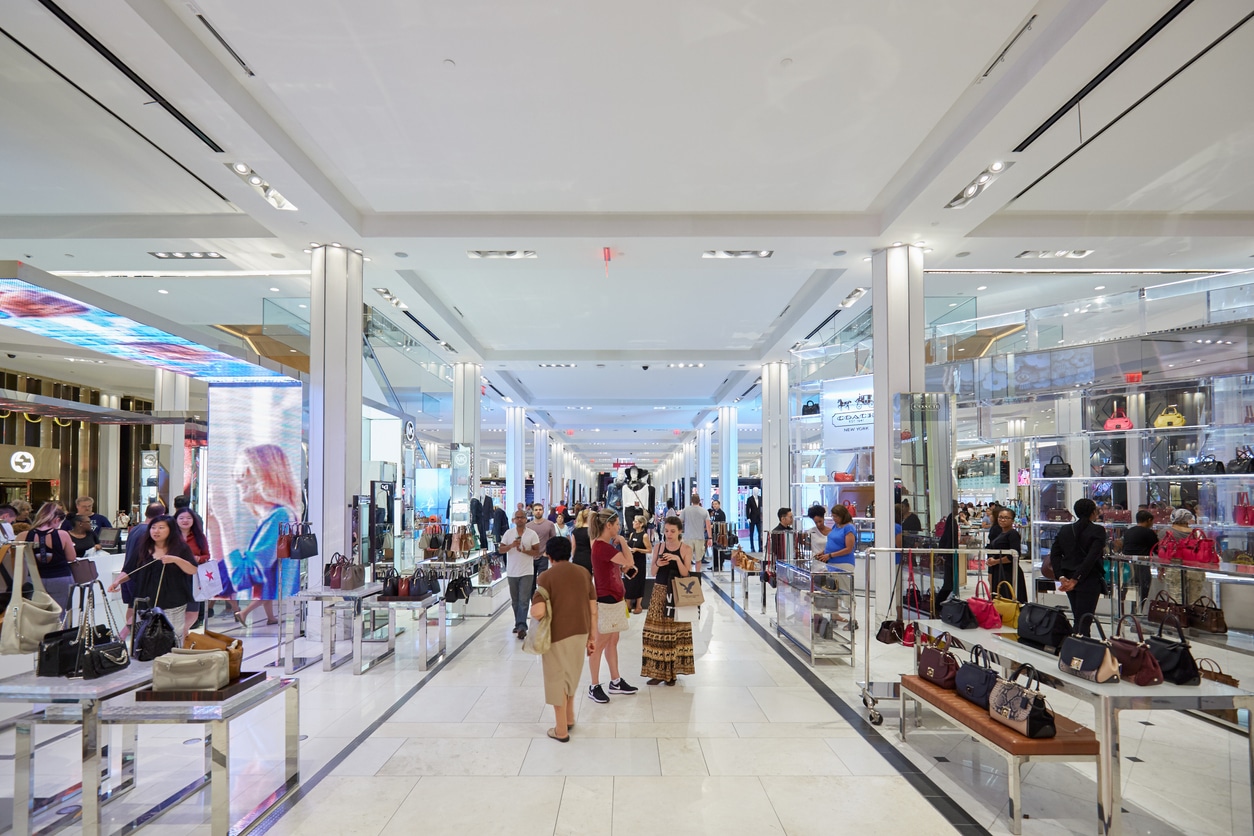
Sign up for smart news, insights, and analysis on the biggest financial stories of the day.
In Ancient Greece, Nike was the winged goddess that personified victory, bringing divine inspiration to poets, scientists, and athletes. In modern-day Oregon, Nike is a company that would consider it a victory if someone just bought all the shoes they have laying around.
The famed Portland-based shoe and athletics brand last week disclosed a major increase in inventory, but it’s just the tip of the iceberg when it comes to retailers struggling to offload their stock.
Anchor in Their Sails
The marketing departments of retailers would love you to believe that you can never have too much of a good thing. Their warehouses would beg to differ. After two years spent scrambling to keep up with the rocketing demand for goods during the pandemic — Walmart and Home Depot were at points chartering their own ships to avoid supply chain bottlenecks — a succession of key companies have ended up with too much inventory on their hands.
Even though US consumer spending increased 0.4%, slightly more than expected, in August, high inflation has weighed on demand. Nike said last week that its inventories rose 44% to $9.7 billion in the most recent quarter, which coupled with discounts to offload that excess stock squeezed profit margins. Unfortunately, Nike has plenty of company, and the consequences are taking to the seas:
- Walmart, Nordstrom, Macy’s, and even fertilizer company Scotts Miracle-Gro have all in recent months revealed inventory gluts, with many slashing prices to offload the surplus. Best Buy warned investors in the summer that fewer TVs and electronics are selling as consumers spend more on gas and groceries.
- The global shipping industry, which was overwhelmed with business during the height of pandemic demand, has also taken one on the chin. According to data reviewed by The Wall Street Journal, in the two weeks leading to October 3, roughly 61 scheduled sailings to the US from Asia were canceled. In normal times that number is usually two to four canceled sailings per week — daily freight rates have sunk to an average of $3,900 to move one container over the Pacific, down from $14,500 at the start of 2022, according to the Freightos Baltic Index.
Tiger Without a Bite: Nike’s revenue in China in its latest quarter fell 16% to $1.65 billion as Covid-19 lockdowns, which are still a thing there, slowed store traffic. Rival Adidas warned in August that it didn’t expect Chinese sales, which were down 35% in its latest quarter, to recover this year. “There’s a massive conversation that has started on whether the China of the future is the land of opportunity that everyone assumed it was,” Leland Miller, Leland Miller CEO of research firm China Beige Book, told the WSJ. Especially during times like these, we could all use a little inspiration from the Greek version of Nike.

